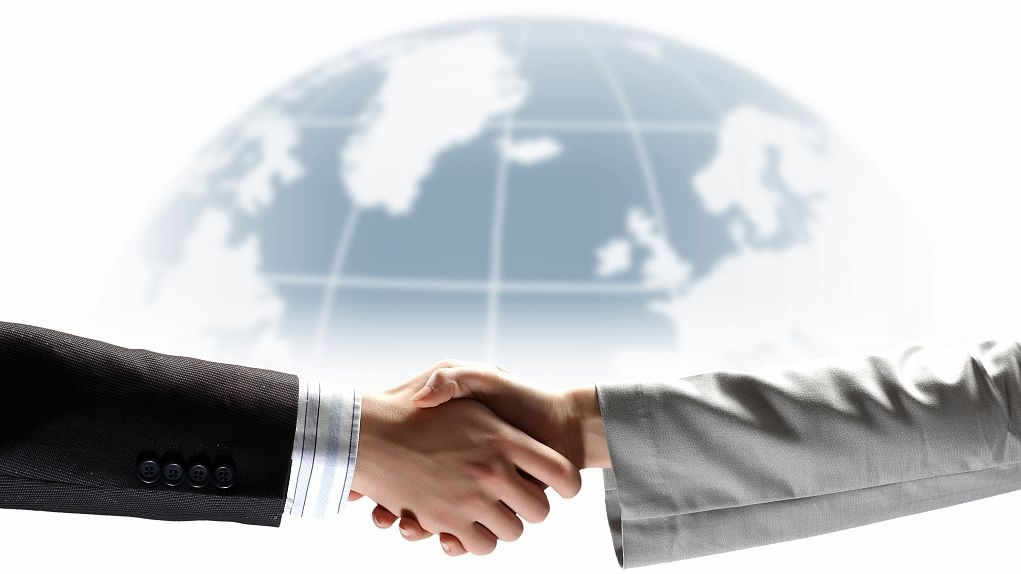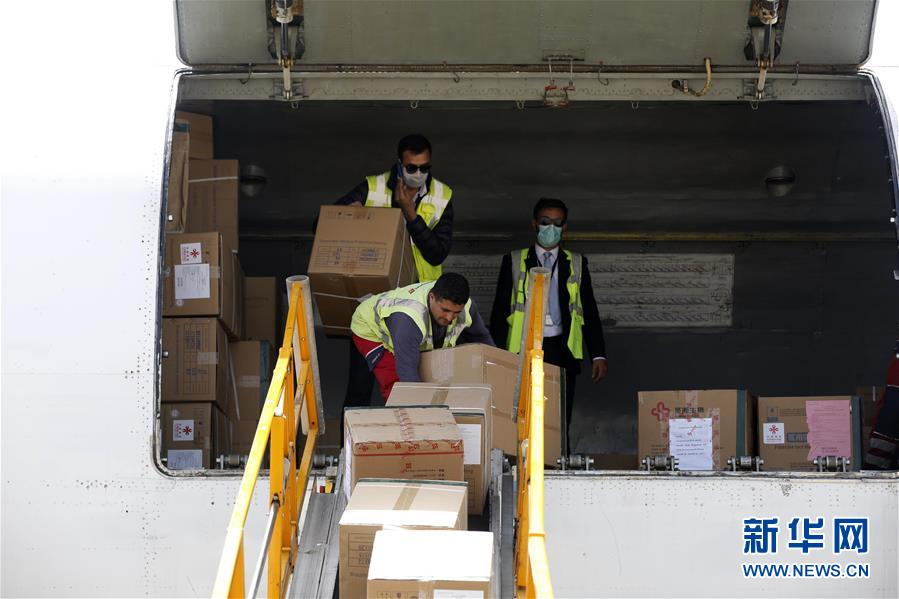
Editor's note: Iram Khan is a Pakistan-based commentator on international affairs. The article reflects the author's opinions, and not necessarily the views of CGTN.
The human race is passing through a testing time. In the form of the COVID-19 pandemic, we are faced with a threat that doesn't differentiate between countries, ethnicities or colors. The only thing it understands is that we are all similar when it comes to the way we can be infected.
We don't know much about this disease and we don't know how exactly to cure it. The solution, therefore, lies in putting up a united front. The world is a diverse place where different kinds of ideologies prevail. Every country adopts its own unique ways and decides what is best for itself. But in moments like these, we will have to shun our differences if we have to survive.
The diversity has given each country an edge over others in fields like science, economy, and management. Each carries an expertise that stems from the types of resources it has and the direction it chose to progress into. When faced with a common threat like this one, the pooling of resources and expertise will allow us to build upon our capabilities and enhance the overall potential of fighting off this menace.
As researchers and medical practitioners around the world are hard at work, they are uncovering new facts about this novel coronavirus. It is encouraging to see most of them sharing their analysis for the good of all. In our hyper-connected world, it is not difficult to communicate our findings that can assist others in taking early precautions and in implementing ways that reduce the spread.
If even a single country with a single infection remains, the entire human population will be at risk. This is a type of contagion where no country has been able to isolate itself and block the virus from entering its borders. So, it effectively means we are in this together.
China has been putting up a remarkable response to the outbreak. It adopted an open and transparent approach, wherein it was sharing information with world bodies as soon as the contagious nature of COVID-19 was confirmed.
This early exchange of data gave a head start to the rest of the world in taking protective measures and working on developing an antidote. As the virus gripped new countries, governments took an example from the Chinese model of containment and scientists built upon Chinese research on the virus.
Unlike past epidemics when it used to take months to decode viruses' genetic makeup, that of the new coronavirus was published within days. Researchers have attributed this to the scale of online data sharing that was never seen before. China kept the World Health Organization in the research loop and today several candidate vaccines are undergoing advanced stages of clinical trials.

Workers carry medical supplies from China at Algiers international airport in Algiers, Algeria, April 15, 2020. /Xinhua Photo
Workers carry medical supplies from China at Algiers international airport in Algiers, Algeria, April 15, 2020. /Xinhua Photo
China has also embarked upon mitigating the virus's effects in the rest of the world. It has dispatched teams of medical experts to all major regions that are wishing to learn from the way China defeated this outbreak back at home.
The countries not capable of handling a medical crisis of this magnitude are being provided with aid in the form of testing kits, ventilators, and protective equipment. Since China was able to overcome the disease early on, it quickly resumed production activities. This allowed resource-rich nations to purchase the necessary equipment and continue with their own responses.
But this comes after a difficult time that China faced. When hit by the epidemic, it completely shut down. Factories were closed and production capacity plummeted. Subsequently, its friends came forward with help. Out of the goodwill that China has developed, countries with limited as well as ample resources provided essential medical items.
Chinese President Xi Jinping has personally acknowledged the support the global community provided. While talking to world leaders, he expressed his gratitude and conveyed the feelings of Chinese people. He offered his country's extensive experience and called upon uniting against the epidemic.
Another point highlighted in his interactions was the need for cooperation in matters of public health security. We all know this is not the first pandemic and will not be the last. Our extended connectivity is very much conducive to expanding disease outbreaks to global levels.
This creates the need for rising above our differences and giving health security the highest priority. We may have different convictions but deep down our DNA is the same. What affects the health of people in one country also affects it in another. Therefore, cooperation in the field of health should continue, whatever the level of our relations may be.
On its part, China made huge sacrifices for the sake of the international community. On locking down cities and shutting factories, it endured an economic impact. But China – the world's growth engine – had to be protected to ensure that the global economy comes out of this test with minimum damage.
China closed early and is now opening early. It is the first country to resume production and fulfill its responsibility to provide for the world's needs. This again provides a learning opportunity for others who are now beyond the peak and considering the easing of restrictions.
In the post-COVID-19 world, the unprecedented international cooperation that we are seeing now will not only have to be retained but also upgraded. Looking back, we will realize that it was through collaboration that we defeated this common threat. This challenge should be a stepping stone for building a compassionate world that doesn't wait for a hardship to come together.
(If you want to contribute and have specific expertise, please contact us at opinions@cgtn.com.)